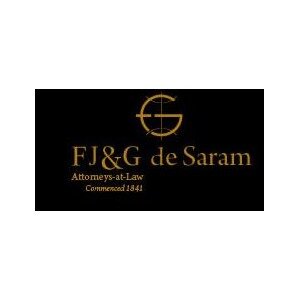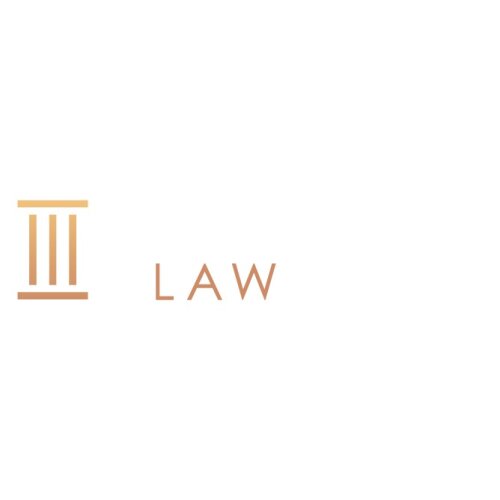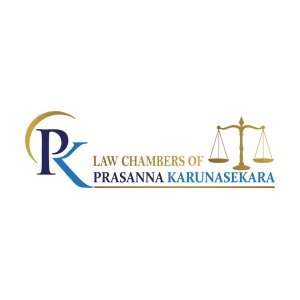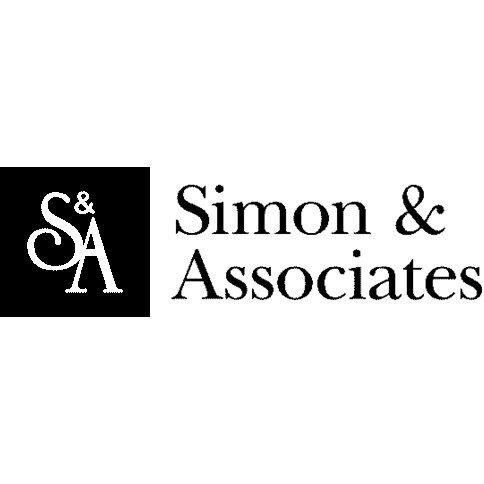Best Government Relations & Lobbying Lawyers in Sri Lanka
Share your needs with us, get contacted by law firms.
Free. Takes 2 min.
Or refine your search by selecting a city:
List of the best lawyers in Sri Lanka
About Government Relations & Lobbying Law in Sri Lanka
Government Relations & Lobbying in Sri Lanka is a field that involves the interaction between governmental entities and various interest groups, individuals, or organizations seeking to influence policy making and legislation. The process includes advocacy efforts aimed at shaping public policy, securing favorable governmental decisions, and ensuring that the interests of various stakeholders are considered within the legal and regulatory framework of Sri Lanka. This area of law is crucial in ensuring transparent interactions between public officials and lobbying entities under Sri Lanka's legal system.
Why You May Need a Lawyer
Individuals or organizations may require legal assistance in Government Relations & Lobbying for various reasons, including:
- Understanding and complying with the legal framework governing lobbying activities.
- Assisting in the preparation and filing of necessary documentation and disclosure reports to government agencies.
- Advising on strategies to influence policy decisions effectively while adhering to legal constraints.
- Representation in legal proceedings or investigations related to allegations of improper lobbying activities.
- Guidance on ethical considerations and the impact of international regulations on domestic lobbying practices.
Local Laws Overview
In Sri Lanka, the legal framework governing government relations and lobbying is designed to promote transparency and accountability in the interaction between public officials and private interests. Key aspects include:
- Regulations that require the registration of lobbyists and the disclosure of their activities and finances.
- Laws to prevent conflicts of interest and the improper influence of public officials.
- Guidelines and codes of conduct for both lobbyists and public sector officials to ensure ethical interactions.
- Strict penalties for non-compliance with laws related to government relations and lobbying activities.
Frequently Asked Questions
What is the legal requirement for lobbying registration in Sri Lanka?
Lobbyists must register with the designated government agency and disclose their lobbying activities, including any financial transactions involving public officials.
Are there any prohibitions for former government officials engaging in lobbying?
Yes, there may be cooling-off periods and restrictions for former government officials who intend to engage in lobbying to prevent conflicts of interest.
How can I ensure that my lobbying activities are compliant with Sri Lankan law?
Hiring an experienced lawyer in government relations can help ensure compliance with all legal requirements and ethical guidelines.
What penalties exist for non-compliance with lobbying laws in Sri Lanka?
Penalties can include fines, revocation of lobbying licenses, and potential criminal charges, depending on the severity of the violation.
Is hiring a lobbyist common practice in Sri Lanka?
Yes, hiring a lobbyist is a common practice among businesses and organizations aiming to influence government policy and decision-making.
How do I find a reputable attorney specializing in Government Relations & Lobbying?
Seek recommendations from professional associations or utilize legal directories that specialize in government relations and lobbying law practitioners.
Are lobbying activities limited to domestic policies only?
No, lobbying can also address international policies and agreements that affect Sri Lanka's interests and stakeholders.
How does lobbying impact Sri Lanka’s policy making?
Effective lobbying can provide valuable insights and expertise to policymakers, contributing to more informed and balanced policy outcomes.
What are the ethical considerations in engaging in lobbying activities?
Lobbyists must adhere to ethical guidelines that ensure integrity, transparency, and accountability in their interactions with public officials.
Can non-governmental organizations (NGOs) partake in lobbying activities?
Yes, NGOs often engage in lobbying to advocate for policy changes that align with their mission and objectives.
Additional Resources
Consider consulting the following resources for more information on government relations and lobbying in Sri Lanka:
- The Ministry of Public Administration, which provides guidelines on governance and ethical conduct.
- The Registrar of Lobbyists for information on registration and compliance.
- Professional bodies such as the Sri Lanka Bar Association for legal advice and attorney referrals.
Next Steps
If you find yourself in need of legal assistance in Government Relations & Lobbying, consider taking the following steps:
- Identify your specific needs and objectives related to lobbying activities.
- Research and consult with reputable attorneys specializing in this area of law to ensure compliance and effective strategy development.
- Maintain ethical and transparent practices in all your interactions with governmental entities.
- Stay informed about any changes to legal requirements and best practices in the field of Government Relations & Lobbying.
Lawzana helps you find the best lawyers and law firms in Sri Lanka through a curated and pre-screened list of qualified legal professionals. Our platform offers rankings and detailed profiles of attorneys and law firms, allowing you to compare based on practice areas, including Government Relations & Lobbying, experience, and client feedback.
Each profile includes a description of the firm's areas of practice, client reviews, team members and partners, year of establishment, spoken languages, office locations, contact information, social media presence, and any published articles or resources. Most firms on our platform speak English and are experienced in both local and international legal matters.
Get a quote from top-rated law firms in Sri Lanka — quickly, securely, and without unnecessary hassle.
Disclaimer:
The information provided on this page is for general informational purposes only and does not constitute legal advice. While we strive to ensure the accuracy and relevance of the content, legal information may change over time, and interpretations of the law can vary. You should always consult with a qualified legal professional for advice specific to your situation.
We disclaim all liability for actions taken or not taken based on the content of this page. If you believe any information is incorrect or outdated, please contact us, and we will review and update it where appropriate.
Browse government relations & lobbying law firms by city in Sri Lanka
Refine your search by selecting a city.

















